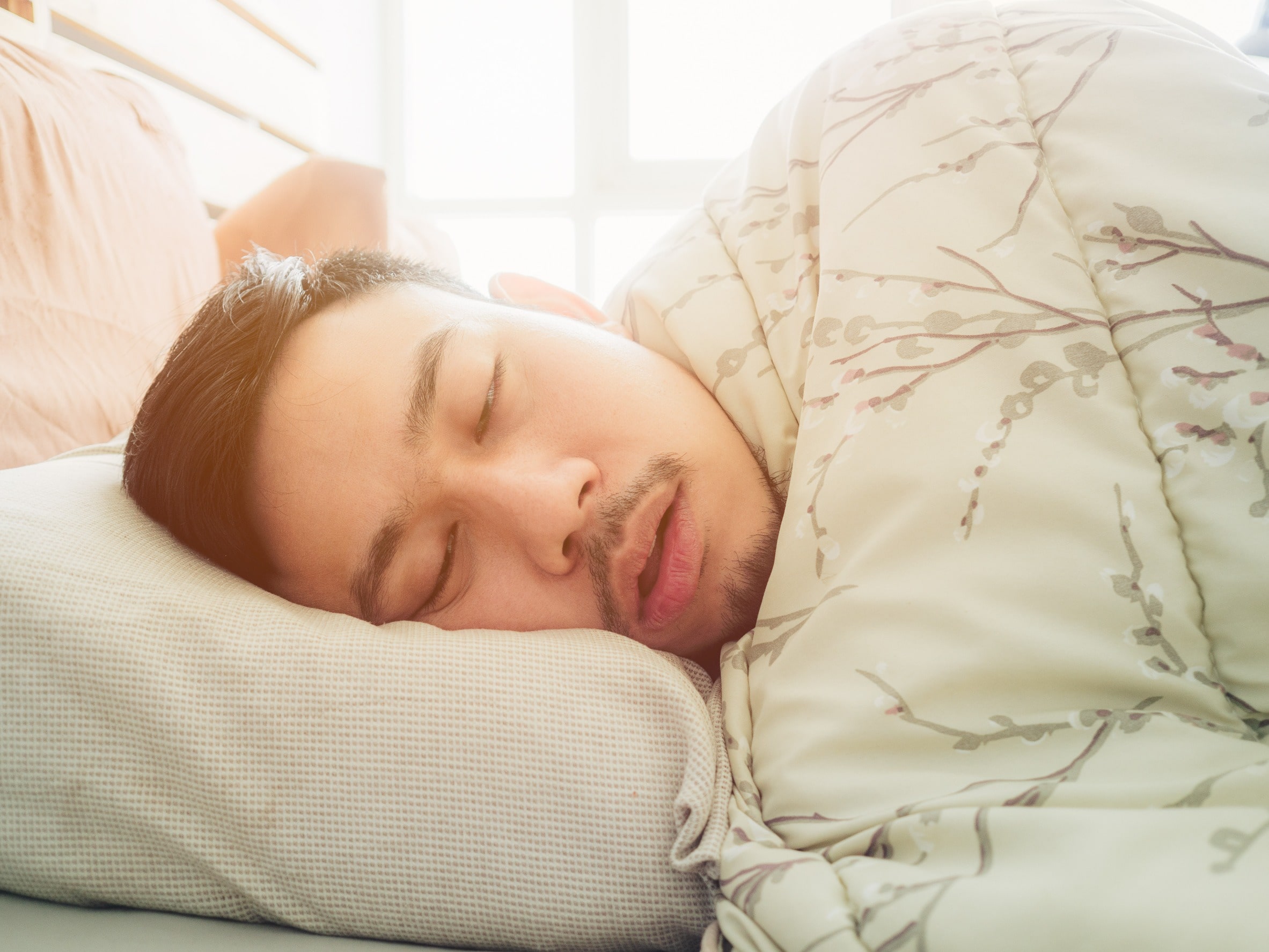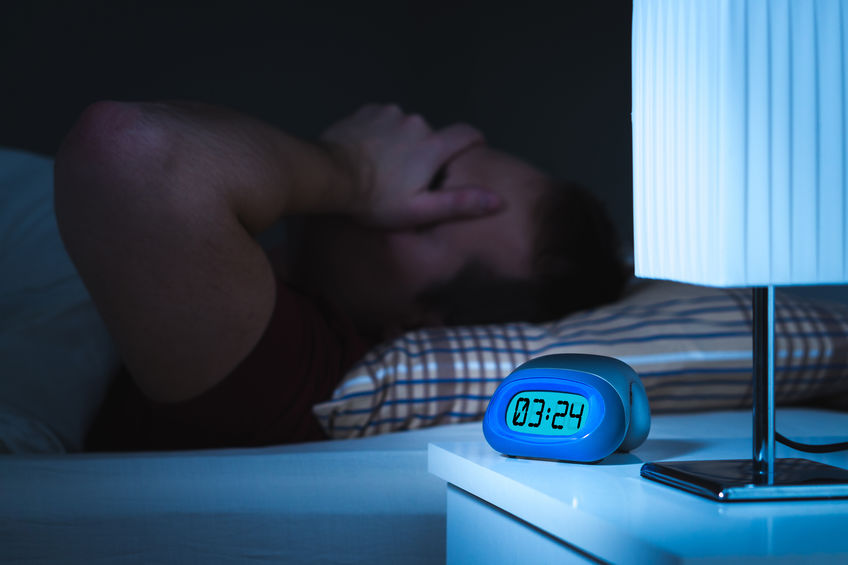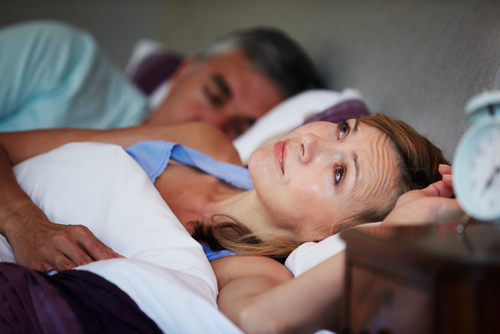In the fast-paced streets and schedules of New York City, it is no surprise that many New Yorkers find it difficult to get a restful night of sleep. To help you snooze successfully, here are some scientifically supported sleep hygiene tips to help you fall and stay asleep:
- Maintain regular bed and rise times. Try to go to sleep and to wake at regular times each day, including weekends. Given that weekend routines can often deviate from weekday routines, a good rule of thumb is to rise no more than 2 hours later on a weekend morning compared to weekday mornings. A second rule of thumb is to maintain strict rise times no matter the bed times. So that means no matter how late the party ended on Saturday night, you must still rise and shine as close to your regular rise time on Sunday morning! These two simple rules reset our circadian clock each morning and allow us to achieve consolidated sleep at bedtime throughout the week.
- Create a bedtime routine. Create a relaxing bedtime routine that signals to our body that it is time to end the day and wind down for sleep. This can include simple rituals, such as dimming the lights, taking a warm shower or bath, having decaffeinated tea, or doing some light reading. It is also important to avoid caffeinated food or beverages, intense physical or mental activity, light exposure, and heavy meals at bedtime.
- Optimize your bedroom environment. Maintain a bedroom environment that allows for sleep. This includes maintaining a cool temperature, comfortable sheets, avoiding pets in bed, avoiding blue light stimulation from electronics, and making sure your bed partner does not suffer from snoring or other sleep disruptive behaviors. Speaking of snoring, if your partner has ever witnessed you snoring or pause while breathing during sleep, ask your doctor about getting checked for sleep apnea. Sleep apnea is one of the most common reasons people fail to achieve restful sleep and it is an easily manageable condition.
- Increase homeostatic sleep drive. Imagine a rubber band that is quite limp in the morning hours after a night of restful sleep and stretched out and taut at the end of a long, active day. That rubber band is your homeostatic sleep drive. The more we can stay awake and active during the day, the more we can stretch out that sleep drive in order to increase our ability to fall asleep at bedtime. Healthy adults should maintain 15-16 hour waking days of work, play, and plenty of social interaction throughout the day to stretch out the homeostatic sleep drive.
We hope that these sleep hygiene tips prove to be helpful to you and your loved ones! If you find that you require additional support in using these and other techniques for insomnia, please contact a mental health professional trained in Cognitive Behavioral Therapy for Insomnia (CBT-I).
Subscribe to the Manhattan Center for Cognitive-Behavioral Therapy blog!

Amoha Bajaj-Mahajan, Ph.D.
Psychologist
Dr. Bajaj specializes in stress-related health issues in adults, particularly depression, anxiety, and adjustment to medical illness. She completed her pre-doctoral residency in Behavioral Medicine at Yale University’s School of Medicine and has taught courses in biological psychology and stress and health at various academic institutions.








